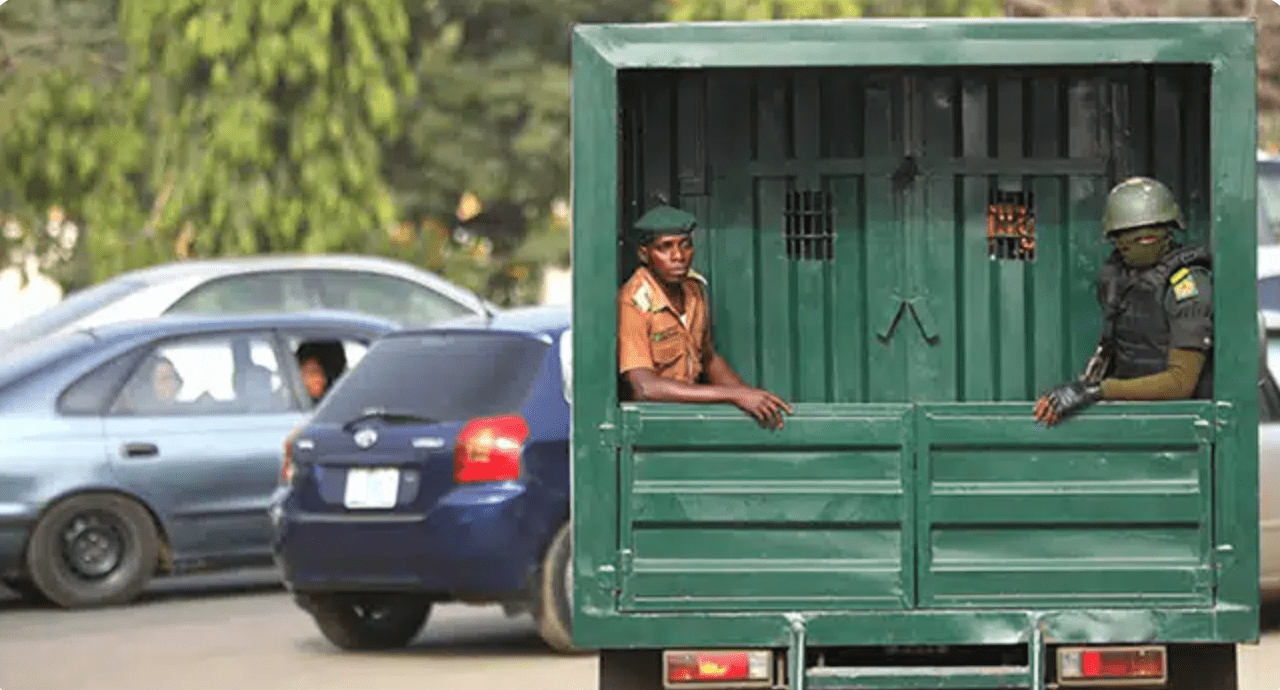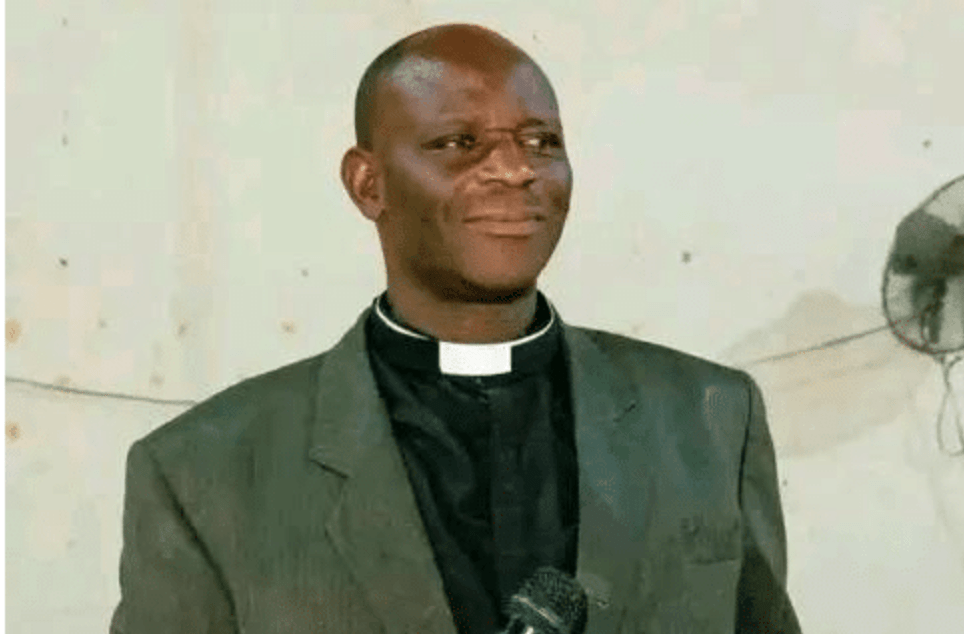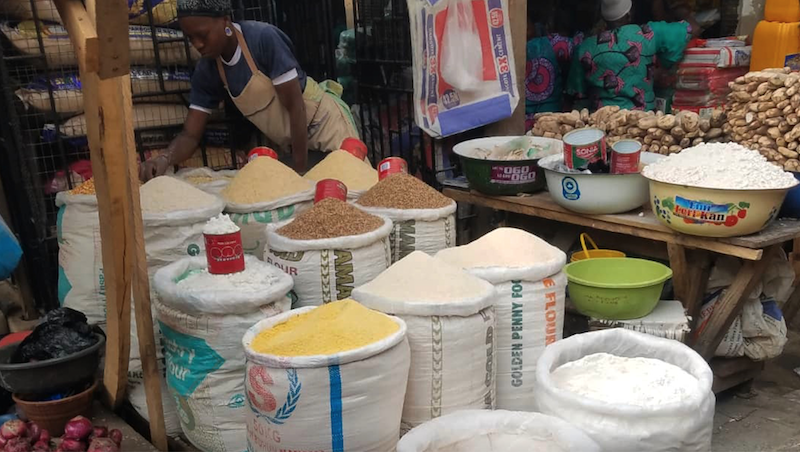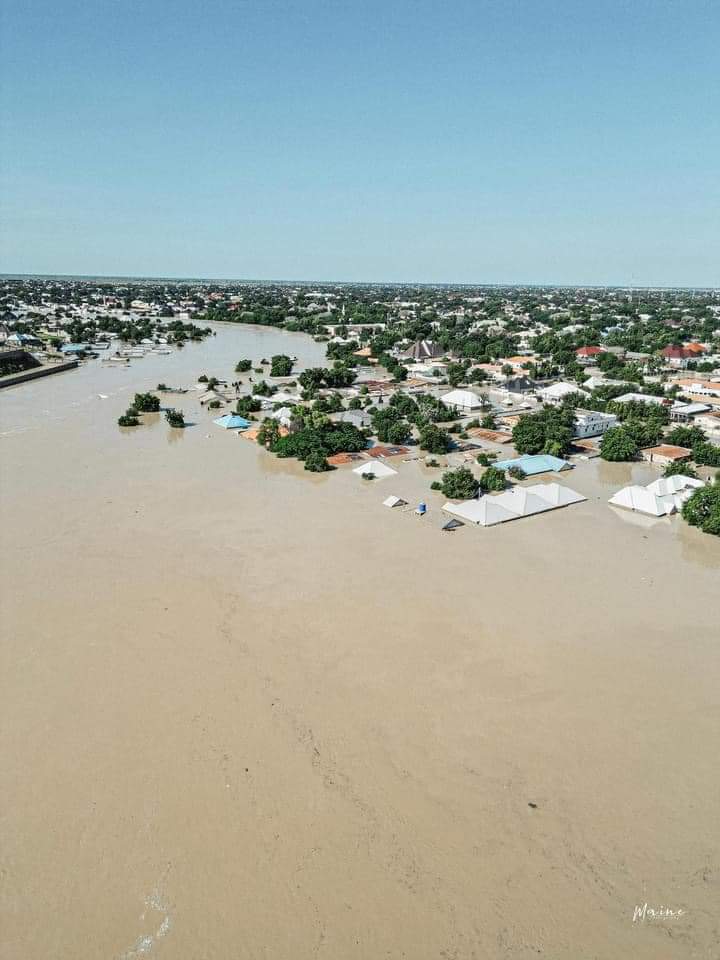Let me be upfront: I commiserate with everyone affected by the Borno flood. This is a catastrophe that goes beyond physical devastation; it is about systemic failures. I appreciate Governor Babagana Zulum’s leadership so far. In response to the crisis, he outperforms the typical Nigerian governor with swift action, pragmatic decisions, and an unflinching commitment to the people. I join the people of Borno, particularly those affected by the flood, in thanking everyone who has expressed concern about the terrible but avoidable humanitarian situation in Nigeria’s Northeast.
According to yet-to-be-verified accounts, exceptionally heavy rains in September caused the Alau Dam to collapse just a few kilometres outside Maiduguri. By Tuesday morning, September 10, about half of the city was submerged, displacing thousands of families, destroying homes, and crippling critical infrastructure. The flood has directly impacted over 150,000 people in Maiduguri alone, with several communities completely cut off due to submerged roads. According to the Borno State Emergency Management Agency, over 30,000 homes have been damaged or destroyed, and critical facilities, including schools, hospitals, and markets, have been inundated. The extensive damage to farmland, affecting more than 12,000 hectares, threatens food security in a region grappling with severe hunger and malnutrition.
This year alone, floods have affected multiple local government areas in Borno State, including Jere, Konduga, and Dikwa. Reports from the National Emergency Management Agency (NEMA) indicate that over 250,000 people across Borno and neighbouring Yobe and Adamawa states have been displaced by floods in 2024. The tragic death toll stands at over 50, with many more still unaccounted for. The economic losses run into billions of naira, exacerbating the region’s already dire humanitarian crisis. The tragedy starkly highlights our vulnerability to extreme weather events, exacerbated by climate change and lack of preparedness.
In line with global standards of response to humanitarian disasters of this nature, humanitarian organizations, the World Health Organization (WHO), local and international NGOs, and the National Emergency Management Agency (NEMA) quickly mobilized to provide relief materials such as food, healthcare supplies, and sanitation facilities to assist affected persons. Notable contributions also came from the United Arab Emirates (UAE), the World Food Programme (WFP), the Nigeria National Petroleum Company Ltd (NNPCL), the Aliko Dangote Foundation, and the Presidential Committee on Flood and Disaster, showcasing a wide-ranging but often uncoordinated response.
Federal and state governments joined the “disaster relief donation club,” and politicians and the business elite, some genuinely altruistic and others merely grandstanding, started outcompeting one another in the publicized donation of funds and supplies. However, this influx of generosity was more about optics than solutions. The flood brought politicians and business people of all persuasions into a symbolic handshake—not to address the root causes of the disaster nor to create a system that prevents future recurrences but to protect elite interests and boost political capital. Amidst this, desperate and displaced Nigerians, struggling to rebuild their lives, began keeping mental records of who was donating what, hoping against hope that the show of support would somehow translate into lasting change.
But the real work remains undone. What was the root cause of this flooding that displaced millions in the Northeast? With a plethora of governmental institutions, including the Nigeria Meteorological Agency (NiMET), why did we not have accurate intelligence or early warning systems to forestall this disaster? Nigeria’s reactive approach to disaster management is a recurring theme; each year, communities face floods, and each year, relief arrives too late for many.
It is impossible to ignore the impact of climate change on these weather patterns. This flood is not an isolated incident but part of a broader, troubling trend of extreme weather events linked to global climate change. In 2022 alone, floods across Nigeria displaced over 2.8 million people, with Borno among the worst affected states. Yet, how seriously are we taking climate change? Our policies and actions seem disconnected from the urgent need to build climate resilience. Despite being one of the world’s most climate-vulnerable countries, Nigeria’s response to these challenges is often piecemeal and needs a more strategic vision.
The Borno flood is an exposé on deeper, systemic issues plaguing our government and country. Beyond the relief efforts, it is time for the government and stakeholders at all levels to address sustainable development, particularly poverty alleviation, environmental degradation, and the dire lack of requisite infrastructure that makes our communities vulnerable to disasters. It is high time governments adopt proactive policies that anticipate potential disasters rather than merely reacting after they occur. This includes monitoring dams and related infrastructure, regular updates to disaster response plans based on past experiences, and integrating climate adaptation strategies.
Prevention is key.
Nigeria does not have a comprehensive warning system for landslides, floods, and other natural disasters. We tend to wait until calamities strike before mobilizing resources for the affected, highlighting the inefficiencies and inconsiderate disposition of our political leaders. The urgent need for a comprehensive warning system cannot be overstated. Very often, short-term political agendas overshadow long-term flood and disaster prevention measures.
As I stated in my earlier essay on reactive governance, dated July 10, 2023, our political leaders cannot continue to prioritize short-term relief over long-term readiness and resilience planning. This shortsightedness hampers effective disaster management in situations like the Borno flood. The emphasis on short-term aid reflects a larger pattern in which political narratives precede genuine efforts to implement innovative measures to avert future disasters. Moreover, it undermines the efficiency of response efforts when disasters do occur.
The critical question is: what kind of flood management system do we need to implement to prevent a repeat occurrence? Here are some key strategies that Nigeria, should consider adopting:
First is building a comprehensive flood risk mapping and early warning systems. Flood risk mapping is essential for identifying flood-prone areas and implementing risk reduction measures. By investing in robust, real-time early warning systems, authorities can provide timely alerts to residents, enabling them to take precautionary measures. These systems should be integrated with weather forecasts from the Nigeria Meteorological Agency (NiMET) and real-time river basins and dams monitoring.
The second is improving and maintaining Dams and Drainage Systems. Critical infrastructure failures like the Alau Dam are a significant contributing factor to Borno’s flooding. Regular maintenance and upgrading of dams, levees, and drainage systems are vital to ensure they can withstand extreme weather events. Governments should establish a monitoring framework to regularly assess the integrity of such infrastructures and carry out necessary repairs and reinforcements.
Third is a Reforestation and Sustainable Land Management project. Deforestation and land degradation significantly increase flood risks by reducing the land’s natural ability to absorb water. Reforestation, particularly in flood-prone areas, helps stabilize soil and reduce runoff. Promoting sustainable agricultural practices and managing land use can also mitigate flood impacts.
Fourth is executing urban planning and Flood-Resilient Infrastructure. Urban areas in Nigeria often suffer from poor drainage, unregulated building practices, and inadequate flood defences. Enforcing stricter urban planning regulations and investing in flood-resilient infrastructure, such as elevated roads, floodwalls, and permeable pavements, can reduce the impact of flooding. Moreover, relocation of communities from high-risk zones to safer grounds should be considered.
Fifth is to create a Community-Based Flood Management. Engaging local communities in flood management initiatives ensures that responses are tailored to the specific needs and vulnerabilities of the population. This includes raising awareness about flood risks, emergency preparedness training, and involving communities in maintaining flood defences. Community-led initiatives can enhance resilience and ensure faster, more coordinated responses when floods occur.
The sixth is to develop and implement a Climate Change Adaptation Strategy. As extreme weather events become more frequent due to climate change, Nigeria must develop a comprehensive climate adaptation plan. This includes integrating climate risk assessments into national and regional planning, adopting water conservation techniques, and creating policies that promote climate-resilient agriculture. Proactive climate action can significantly reduce the long-term impact of flooding.
Finally, providing Integrated Water Resources Management (IWRM). Effective flood management requires a holistic approach that considers upstream and downstream impacts. IWRM promotes coordinated development and management of water, land, and related resources, ensuring that flood prevention measures are harmonized across sectors and regions.
Natural disaster prevention and management are intrinsically linked to how seriously we take climate change. All stakeholders must take urgent and sustained action to address the issue at stake because the severe threats posed by climate change demand it. This is especially true in Nigeria, where a sizable part of the population depends on agriculture and other climate-sensitive sectors for their livelihood. Therefore, the government must implement practical, tangible, and fit-for-purpose measures to mitigate climate change risks and ensure sustainable development.
This is a clarion call for change. The Borno flood must not just be another tragic entry in our history books but a pivotal moment that sparks transformative action. The path forward demands courage, commitment, and the will to prioritize our collective future over the moment’s politics.








